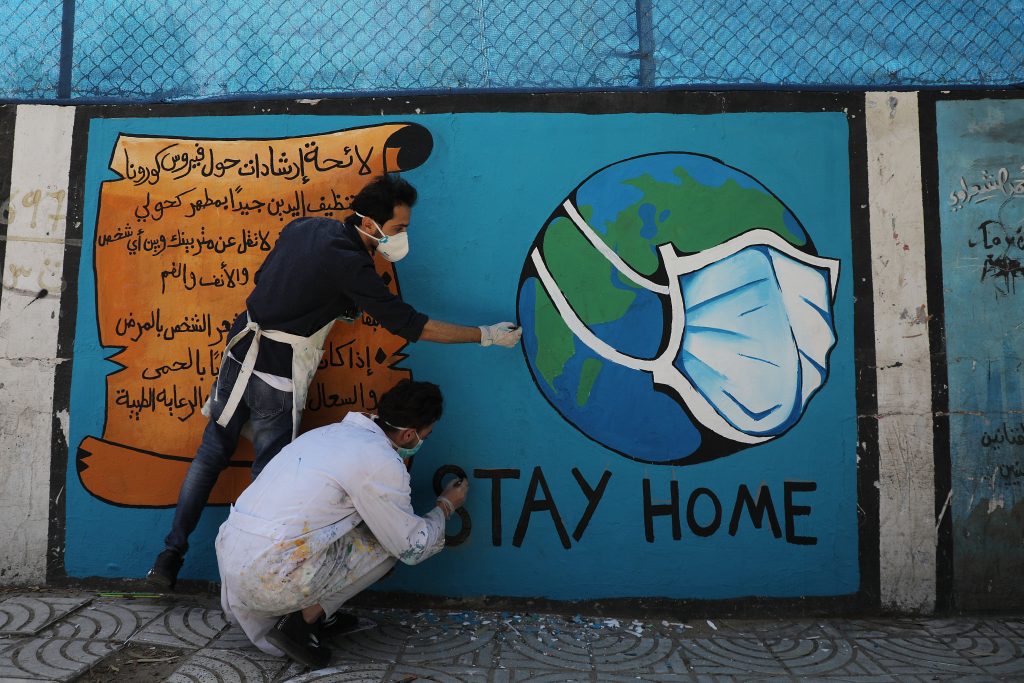São Paulo – Palestine’s economy is seen shrinking by 7.6% in 2020 as a result of the coronavirus crisis, and international support will be crucial at this time. So reads a World Bank report issued this Monday (1). According to the institution, the sudden drop in economic activity and pressure on government finance pose a great risk. The financial gap is expected to widen from USD 800 million in 2019 to USD 1.5 billion this year.
“After growth of a mere 1% in 2019, the economy is projected to contract by at least 7.6% in 2020,” the report reads. In the event of slower recovery, contraction could be as high as 11%. The World Bank expects Palestine’s situation to become “increasingly difficult, due to a decline in revenues and substantial increase in public spending on people’s medical, social and economic needs.”
World Bank Country director for West Bank and Gaza Kanthan Shankar said the Palestinian National Authority (PNA) “has acted early and decisively to save lives. However, several years of declining donor support and the limited economic instruments available have turned the ability of the government to protect livelihoods into a monumental task. Hence, external support will be critical to help grow the economy during this unprecedented period.”
Nevertheless, he believes that “lifting restrictions on the development of digital infrastructure and fostering better regulations could play an important role in stimulating an already faltering economy. (…) The digital economy can overcome geographic obstacles, foster economic growth and create better job opportunities for Palestinians. With its tech-savvy young population, the potential is huge,” he was quoted as saying.
Shankar said Palestinians “should be able to access resources similar to those of their neighbors. (…) Digital infrastructure is foundational to the development of a digital economy. At a time when other countries are contemplating the use of 5G, the Palestinian territories are among the last places in the Middle East to launch 3G in the West Bank and 2G in Gaza.”
Translated by Gabriel Pomerancblum




